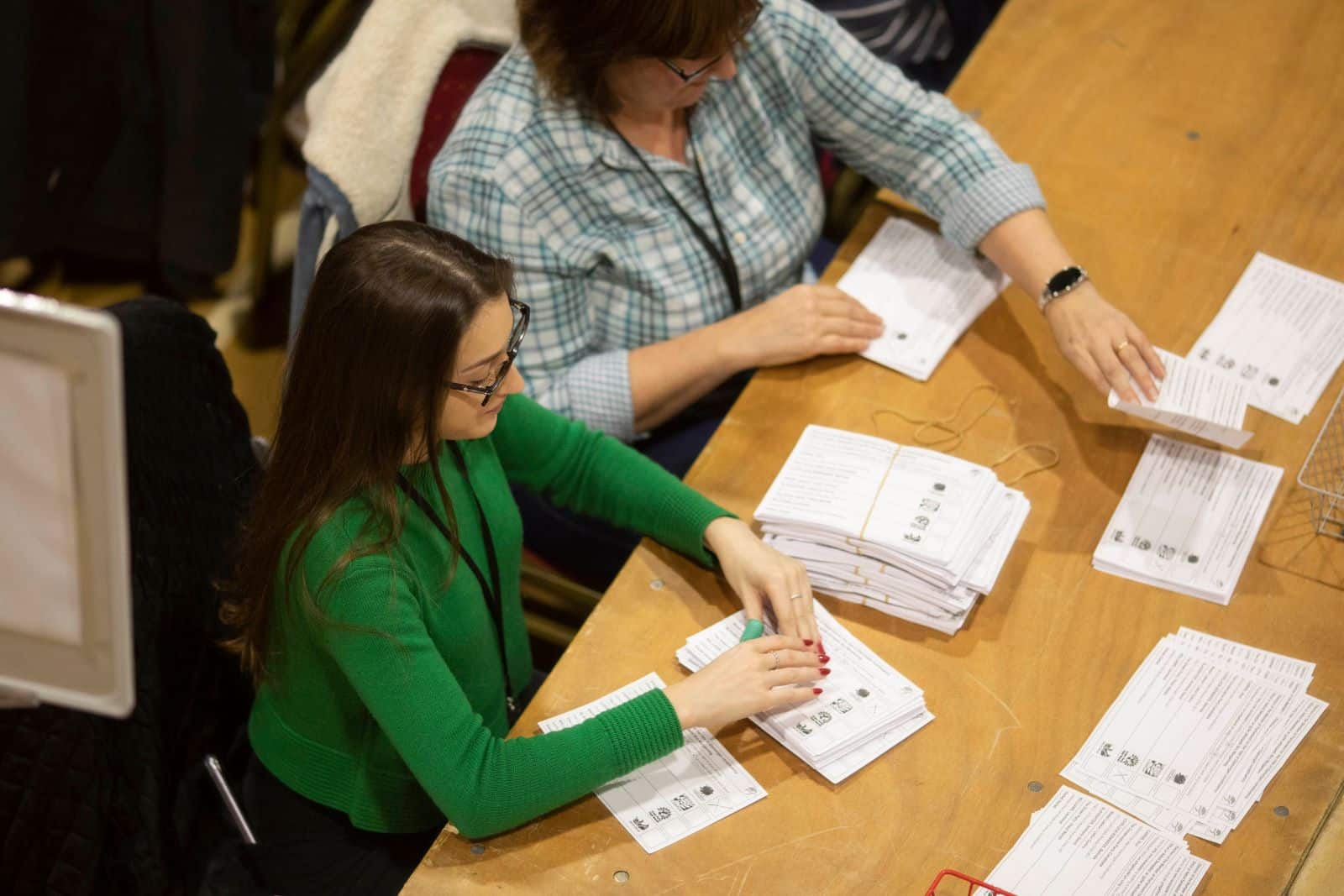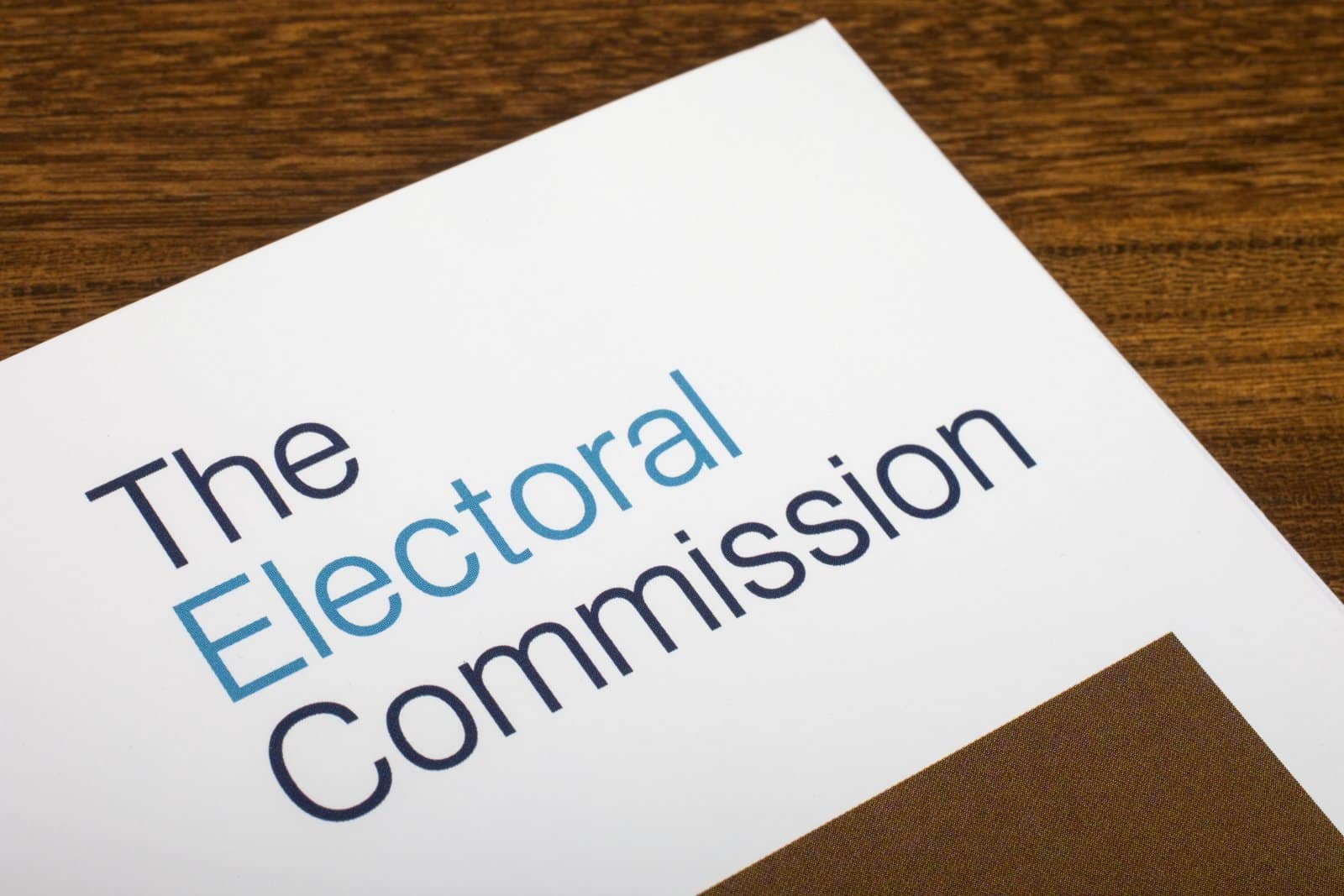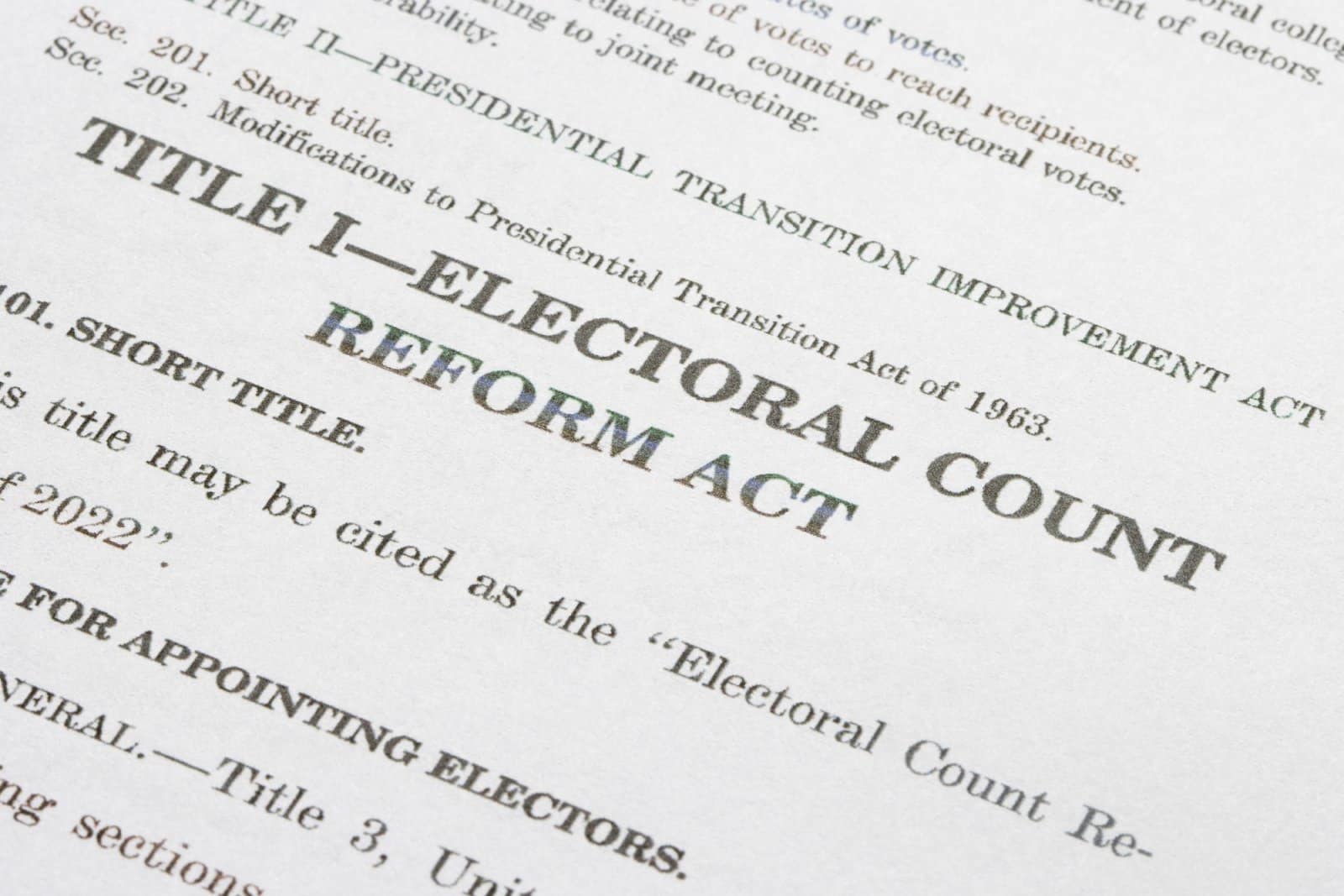Despite winning over 4 million votes, Reform UK won only five seats in the general election, leading to calls to reform the voting system in the UK. They’ve got very short memories – here’s why.
Electoral Reform Previously Discussed

Historically, there have been several attempts to take the UK from the FPTP (first past the post) system to an AV (alternative vote) or PR proportional representation system.
Previous Attempts Quelled

Despite these attempts and some serious consideration of change, the reform ideas have been voted down.
Commission Decided Against Reform

The Jenkins Commission in 1998 suggested that alternative systems were open to too much manipulation and could add to the unfairness.
Liberal Democrats Remained Steadfast

Despite the ruling, the Liberal Democrats maintained a belief that electoral reform was needed in the country. They were largely alone in this belief.
Lib Dems Had Their Moment

In 2010, it was agreed that a referendum on electoral reform in the UK would take place. The referendum deal was part of the negotiations that led to the Conservative and Lib Dem coalition government.
Referendum on Electoral Reform Held

On the 5th May 2011, there was a referendum held. The question to answer was, “At present, the UK uses the ‘first past the post’ system to elect MPs to the House of Commons. Should the ‘alternative vote’ system be used instead?”
Simple Answer

The public was given two choices – yes or no.
Voter Turnout

19,279,022 votes were cast out of a total of 45,684,501 registered voters, representing a 42.2% turnout.
Result Was Clear

67.9% of the population voted AGAINST electoral reform, leading to no ambiguity. The public had spoken, and it had done so loudly.
Reform UK Want a Change

Despite the country voting against reforming the electoral system, Reform UK is calling for change — but only because it suits them.
Brexit Referendum

Fast-forward to 2016 and the Brexit referendum. Reform UK members were the most ardent Brexiteers. They pushed for Brexit and were happy with the result.
Results Were Clear

Although the winning margin for ‘Leave’ was much tighter (52-48), they demanded that we ‘respect the result of the referendum’. They are absolutely against changing or rerunning the referendum.
The Hypocrisy of the Highest Order

Given they’re the victims of the current system, they’re demanding reform. They don’t seem to respect the fact that there was a referendum on this EXACT issue in 2011.
We Must Respect Referendum Results

If we must respect the narrow margin by which ‘Leave’ won the EU membership referendum, then surely we must respect the huge win of ‘No’ to electoral reform?
Campaign Noise

During the election campaign, Reform UK made many noises about being the opposition and overtaking the Tory party.
Lose the Game, Then Complain

Instead, they won only five seats and now complain. They knew the system before they entered candidates. They didn’t do as well as expected; now it’s sour grapes.
No Talk of Electoral Reform Before

Before the election, Reform UK didn’t talk much (if any) about electoral reform. Those noises were from the Lib Dems.
Votes Might Be Different Under Another System

Reform UK will point to their vote numbers. Still, campaigning would look different if parties were interested in winning votes rather than seats.
Non-Aggression Pacts Wouldn’t Exist

It’s known that pacts exist between parties with similar interests. Farage agreed not to field candidates in strong Tory seats in the 2019 elections. Labour and the Lib Dems agreed a similar deal this time.
Don’t Be Hypocritical – Respect the Results

As the Brexiteers (Reform UK to all intents and purposes) said, the country had to respect the result of the 2016 referendum; they should respect the result of the 2011 referendum.
Featured Image Credit: Shutterstock / Michael Tubi.

